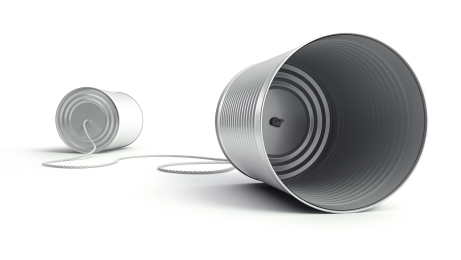 Communicating well with patients is vital in Dentistry and benefits both the patient and the Dental Nurse. The patient because they will feel genuinely cared for and understood and the Dental Nurse because she will feel fulfilled and satisfied with her performance.
Communicating well with patients is vital in Dentistry and benefits both the patient and the Dental Nurse. The patient because they will feel genuinely cared for and understood and the Dental Nurse because she will feel fulfilled and satisfied with her performance.Non-verbal communication.
Good rapport is so important when caring for a patient .Rapport is an important feature of sub-conscious communication and is often described as being “in sync” or “on the same wavelength” with the person you are communicating with. There are different methods of building rapport, the most common being;
• Mirroring
Mirroring basically means getting into the rhythm of the person you are communicating with on as many levels as possible. There are three types of mirroring; Emotional, Posture and Tone/Tempo. Emotional mirroring basically involves empathizing with the emotional state of the person you are communicating with and letting them know subconsciously that you are “on their side”. Posture mirroring involves matching the body language of the person you are communicating with subtly by mirroring the same message with your energy and attitude. Tone/Tempo mirroring involves matching the tone, tempo and volume of another’s voice.
• Commonality
• Reciprocity
Good communication and care can be achieved by:
• Knowing your patient and having your patient know you.
Introduce yourself to your patient and make eye contact. Find out how they preferred to be addressed, e.g. Mrs Smith or more informally, Janet. Once you know their name, make an effort to remember that person so that at their next appointment you can greet them directly by name. The patient will not believe that you remember them from 6 months ago and no doubt feel secure and happy coming to a dental practice that knows them as an individual and not just “another patient”.
Ask how they are and try to find out a bit about them to make them feel more comfortable. Information is a great tool. Find out if the patient has any up and coming events such as a wedding. When they attend for their next appointment, ask them how it went. Again, they will be very surprised that you remembered that they were attending a wedding and feel flattered. Find out if they have any fears or issues and do your best to help them. Let them know a bit about you and try to relate to the patient, e.g. “I’m not keen on injections either, but it’ll be ok.” Treat each patient as an individual and give them the level of care that they require. Some patients need a little bit extra than others if they are nervous or frightened for example.
 • Listening.
• Listening.
When the patient is speaking to you, give them your undivided attention to show them that you are genuinely listening to them. Position yourself so you are facing them and look into their eyes. By listening, you are more likely to pick up on matters that could be missed if communication is poor such as previous bad experiences with a Dentist. As a Dental Nurse, patients are more likely to speak to you about delicate matters as it is often difficult for patients to address the Dentist due to nerves or sometimes intimidation.
• Maintaining confidence and professionalism.
Maintaining good communication with patients.
There are ways that a Dental Practice can maintain good communication with their patients and also please them as individuals. Some of these ways are:
• Sending routine recall/reminder letters.
Some Dental Practices advise patients to pre-book their 6 monthly appointments in advance to guarantee a preferred time and date, other practices simply advise their patients to contact to make an appointment nearer the time they are due. Depending on whether the patient has made their appointment or not, one of these letters should be sent out every 6 or 3 months depending on when they are due to come back for their routine review. More Practices are now confirming appointments in other ways such as email and text reminders, which are very popular and convenient amongst patients.
• Post-treatment courtesy calls.
• Birthday cards.
• Thank You cards.